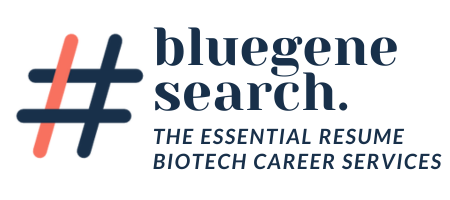What Your Biotech Job Interview Can Tell You About Company Culture
Earlier today, I was speaking to a candidate about where he had interviewed previously and what he was looking for. He shared that he had just declined an offer to interview with a rare disease company hiring their launch team because: “When you look at the backgrounds of the other hires, almost every person came from Big Pharma with no rare disease experience.” He continued: “I would never go work for a company that doesn't have a true rare disease culture and has hired leadership more concerned with metrics over making a difference.”
Transparency alert: I paraphrased “metrics over making a difference”—it’s catchy, right?
So, here's some food for thought: There absolutely are transferable skills that come from Big Pharma. Everyone starts somewhere. Perhaps the people they hired left Big Pharma so they could create a culture that was different.
The point is: You won't know the culture of a company until you actually meet and get to know the people interviewing candidates; their purpose, their pipeline, and ultimately their passion for the patient and employees.
Interviewing is 100% a two-way street! You must be diligent and interview the leadership team, other reps, etc. If you don’t take this initiative you could make a huge mistake joining a company that doesn’t align with your goals or values.
In this case; however, based on the info shared with me, I will agree with this candidate: There are only a handful (at best) of rare disease leaders at this company and the rest of leadership and commercial team are all Big Pharma. It does present a red flag based on this particular candidate’s goals and values.
However, this could be a very smart career move for someone who doesn’t already have rare disease experience and wants to leverage themselves into this space. It comes down to aligning with your goals and values.
Just wrapped your interview? Download my FREE Thank you note formula and close the deal!

